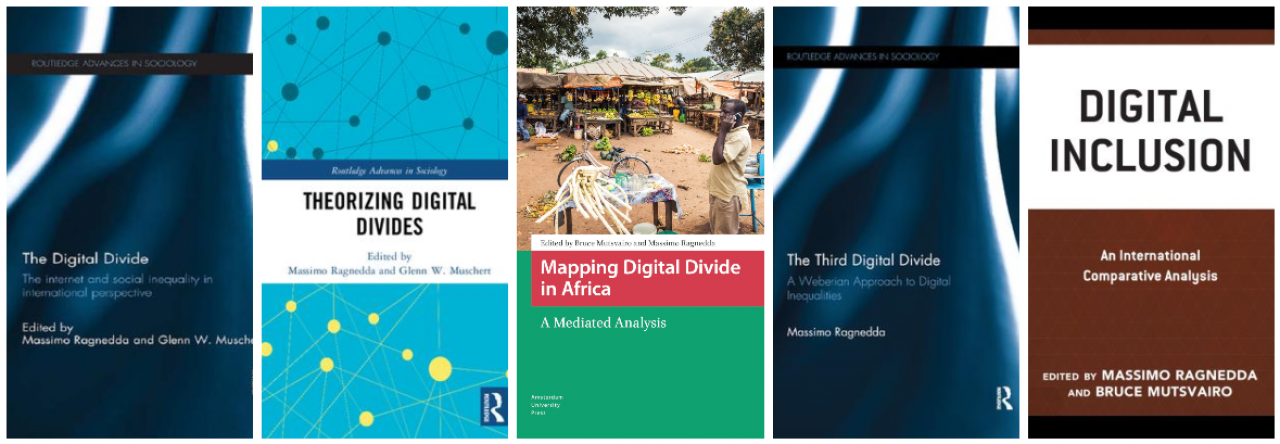 It has been an honor to be invited at the Oxford Union (12 September 2018) to be part of the debate “This house believes that open technology and standards have widened social injustice”.
It has been an honor to be invited at the Oxford Union (12 September 2018) to be part of the debate “This house believes that open technology and standards have widened social injustice”.
The motion I supported was that open technology and standards have driven a revolution in the way that information is created, consumed, shared and commented upon. From medical advice to fake news, almost anything can be found, at any time, by anyone, wherever they may be. Many might assume that the free-flow of information has reinforced the three tenets of social justice: liberty, equality and fraternity. The Internet age has freed voices that weren’t previously heard, spread education and wealth, brought communities together.
But is there a darker side to the information revolution that has, in fact, widened social injustice? Has it created a divide between those who control information and those who consume it; between the young who understand the new technology and the old who don’t; between the rich who have access to the latest electronic gadgets and the poor who can’t afford to get connected online?
I articulated my speech in four main points: First, I argued that social and digital inequalities are intertwined (this was the leading motive of my speech). Second, following up on this point and I showed how and why the most advantaged people get the most out of the internet, therefor widening already existing social inequalities. Third, I stressed how being digitally excluded means being socially excluded, and being digitally excluded increases the possibilities people will become second-class and third-class citizens. Fourth, I underlined how inequalities are widening both at the micro (between individuals) and at the macro level, both in terms of global digital divide (4 billion people are excluded from the Internet) and in terms of growing consolidation of power, as the leading ICTs companies are gaining monopoly over the technologies they control.

Lascia un commento